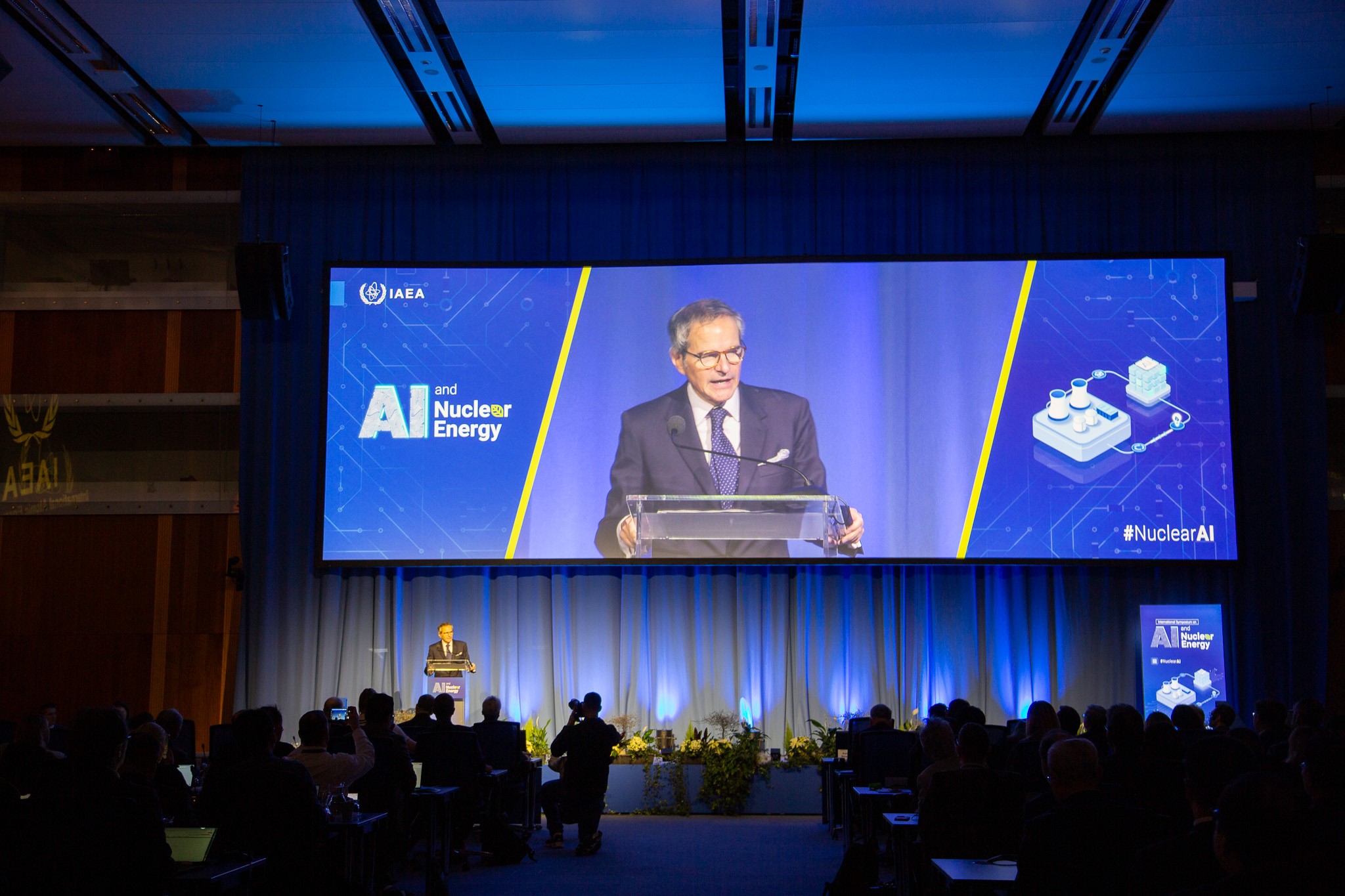In this episode of Workforce WorldView, Janette Lucas from our London Labour & Employment team speaks with Kate Dean, a neurodiversity and disability consultant, about the growing prevalence of diagnoses of neurodiversity – and the opportunities and challenges this presents for employers. They explore the common misconceptions surrounding diagnoses, and provide practical steps that employers can take to move beyond compliance to create inclusive workplace environments. The conversation highlights why proactive strategies and understanding neurodiversity are essential for talent retention and organisational success.
A few key points from the discussion:
Why is neurodiversity a business priority?
We are told that up to 20% of the UK population is neurodivergent, and reportedly it is now the third most common reason for occupational health referrals. Employers need to recognise this trend as a core workforce issue, not a niche concern.
How should employers handle self-identification?
Long waiting lists mean many employees self-identify rather than obtaining a formal diagnosis. The approach to take will vary on a case-by-case basis, but given the increase in self-diagnosis there is certainly an argument for HR focusing on providing supportive conversations and assisting with strategies proactively for employees who have self-diagnosed, rather than waiting for proof of diagnosis.
What is the link between neurodiversity and employee wellbeing?
Neurodiversity and mental health challenges often co-occur; and even physical conditions can be involved. And of course, when employees have caring responsibilities for neurodivergent family members, this may impact their work lives too. Integrating neurodivergent voices into wellbeing strategies can help reduce absenteeism and improve engagement.
How can inclusion strategies reduce risk and conflict?
Kate recommends moving away from an “us and them” mindset – recognising neurodivergence as one of the many ways that all people think and behave differently from each other – and embedding neurodiversity into inclusion policies, as this may assist with preventing misunderstandings and workplace disputes.
Why does embracing neurodivergent talent drive performance?
Employees with different perspectives bring a great richness of problem-solving, creativity and focus to our organisations, and people who think differently are very much part of that richness. Employers that adapt job design and recruitment strategies can unlock innovation and gain a competitive edge.
Listen and Learn More
Hear the full discussion and practical insights by listening to this fascinating podcast – and look out for Part 2 of the Workforce WorldView discussion on neurodiversity, where we dig into the role that line managers can play in creating an inclusive, welcoming environment.
To further explore how we can help your organisation build an inclusive workplace and manage neurodiversity effectively, please get in touch with our Labour & Employment team today.









